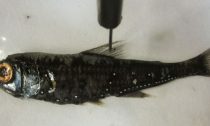
Plastic pollution is affecting marine life in some of the most remote parts of the Atlantic Ocean with almost three quarters of a sample of more than 230 deep-water fish collected by NUI Galway scientists having ingested plastic particles.
The contamination level among the fish species, located in the northwest Atlantic thousands of kilometres from land and 600m down in the ocean, is one of the highest reported frequencies of microplastic occurrence in fish worldwide, according to the study published today in the journal Frontiers in Marine Science.
Microplastics are small plastic fragments that commonly originate from the breakdown of larger plastic items entering the ocean...
Read More

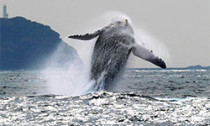
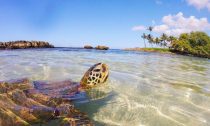

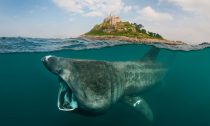
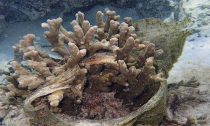
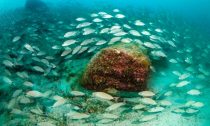
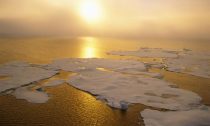



Social Profiles